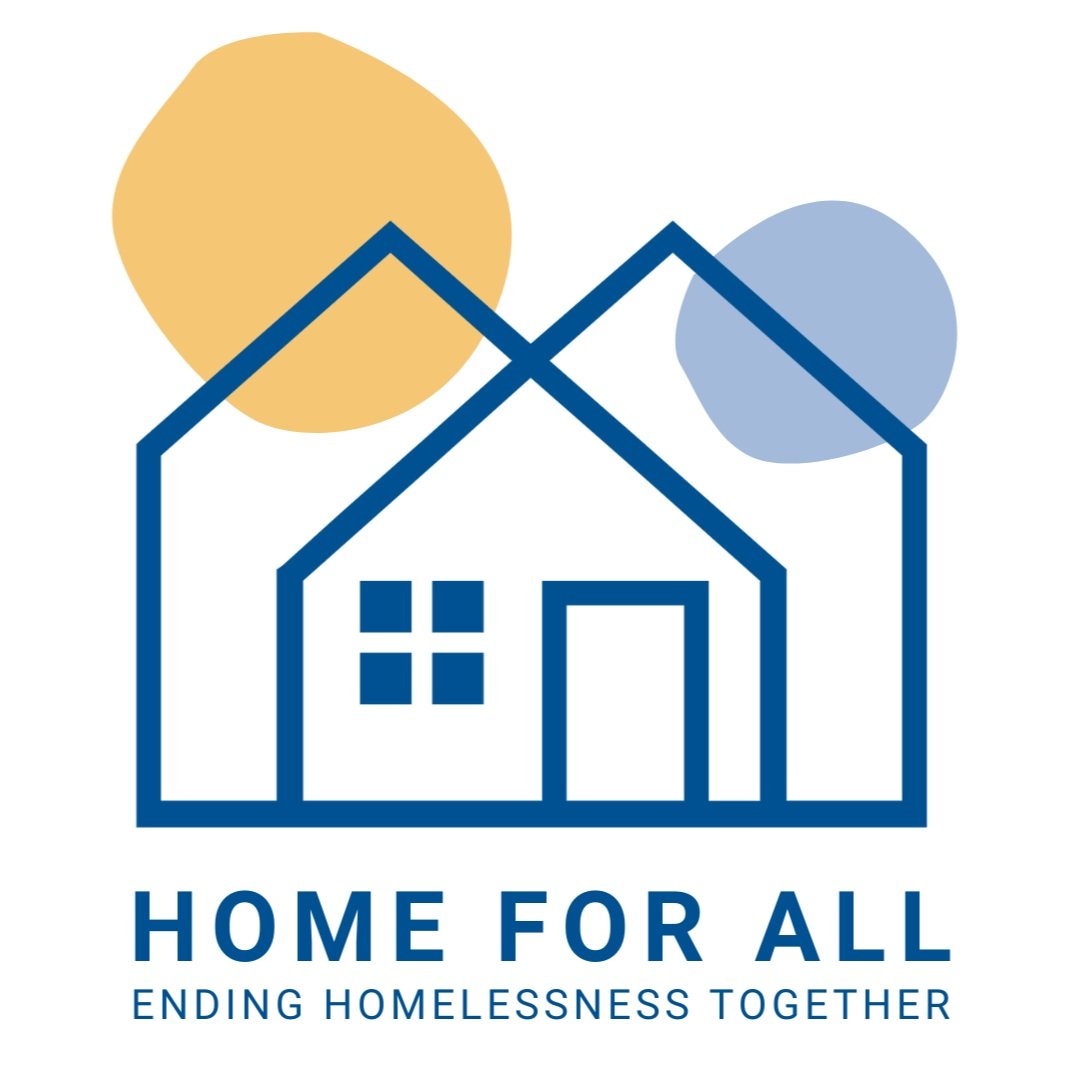Supportive Housing
For many individuals and families, homelessness is the result of a series of complex and related factors, that together, lead to the loss of housing.
These factors can include pervasive poverty or low income, job loss, mental or physical illness, permanent disability, and Substance Use Disorder. One proven strategy for assisting individuals and families in addressing these challenges is Permanent Supportive Housing.
Our service systems for individuals experiencing or at risk of housing instability, or those transitioning from shelter to permanent housing, has been improving; particularly our systems for identification and referral. But services are still not readily available throughout our region – instead of a network of services that quality of life depends on, we have a patchwork.
Without a comprehensive system in place that can be dispatched to assess and coordinate crisis response, or to assist with the transition from shelter, individuals and families will continue to fall into homelessness, with an economic and social cost to the community far greater than preventing it.

